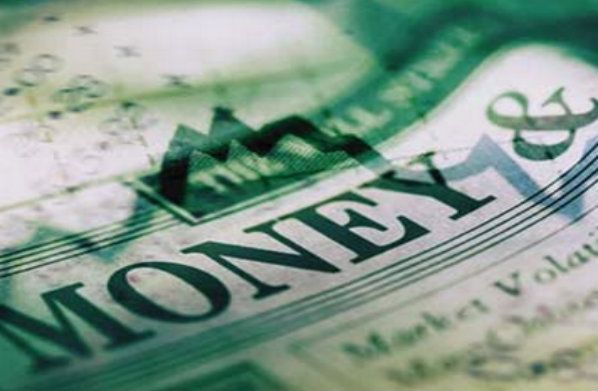Americans know the lesson that we shouldn’t spend more than we make. Buying on credit isn’t the answer to filling the gap between our earnings and our want lists of things that satisfy our immediate desires at a higher long-term cost. That’s a lesson our federal government has neglected to learn.
The bills from spending sprees for big government policies like Medicaid and Social Security are coming due, and the federal government is coming up short. Our economy will be the casualty.
A bipartisan federal agency, the Congressional Budget Office, has just released a mixed picture of our economic health. In the short run the news is moderate, but long term we are in serious trouble. In the new report, the CBO predicts that our economy will grow by just 1.5 percent and that unemployment will drop to below six percent. Also, over the next decade, the government’s deficit will be smaller than previously forecast. However, it warns serious negative consequences for both the economy and the federal budget are in our future due to spending on big-ticket government program.
The CBO predicts that the federal deficit will rise to $506 billion in 2014 (2.9 percent of gross domestic product). While, this is the lowest deficit under President Obama since 2008, it’s no time to celebrate. Our national debt held by outside investors is and will remain over three-quarters of the economy.
After 2015, the SBO predicts deficits will start to rise again and approach $1 trillion by 2024.What’s driving it? Social security, ObamaCare’s expansion of subsidies for health issuance, and interest payments on the debt.
The Hill reports:
This year’s deficit projection represents a major drop from the other years of the Obama presidency. Last year’s deficit was $680 billion, compared to the $1.1 trillion deficit the government racked up during Obama's first year in the White House in 2009.
The CBO projects the deficit in 2015 will drop to $469 billion, which would be 2.6 percent of the nation’s gross domestic product (GDP) and down from this year's projection of 2.9 percent of GDP.
The economy is expected to grow slowly for the rest of this year, but then expand at a faster pace over the next two. Gross domestic product has increased by 1.5 percent over the last year, and the CBO projects it will increase to an annual rate of 3.4 percent between 2014 through 2016.
The improving economy will lead to more business investments, consumer spending and home building, the budget office says.
…
The CBO also projects the federal debt for this year will reach 74 percent of GDP — double its 2007 level and higher than any year since 1950. Debt is estimated to hit 77 percent of GDP in 2024.
Increasing debt will have a negative effect on the overall economy, the CBO says, and would increase the risk of a fiscal crisis.
…
The deficit is expected to reach $960 billion in 2024 due to an aging population, rising healthcare costs and an expansion of federal subsidies for insurance.
….
Medicaid will account for the largest increase, which is expected to grow by $40 billion this year as some states expand eligibility under ObamaCare. Spending for Social Security is also projected to rise by $37 billion this year.
Some key takeaways from all of these numbers:
One, the economy is still weak. Growing at just 1.5 percent is too weak to put much of a dent in unemployment. If the economy does accelerate a few years from now that will be great, but that’s banking on quite a lot of uncertainty.
Two, reckless spending on government programs such as social security is like using a credit card with no care for how the bill will be paid. As Baby Boomers age and start retiring, Social Security will go bust and threatens to take our economy with it. We cannot afford to wait and see what happens. Congress needs to curb spending on current programs and take a serious approach to entitlement reform. No one wants to cut the maxed out credit card up but it will be worth it for the joy of financial freedom.
Three, ObamaCare is a bad deal for individual Americans and for our economy. Not only are individuals seeing rising premiums, but as taxpayers we are paying more for health care as we subsidize plans for other Americans. If the Affordable Car Act was so affordable, why do 85 percent of ObamaCare plan holders need government subsidies to afford them?


